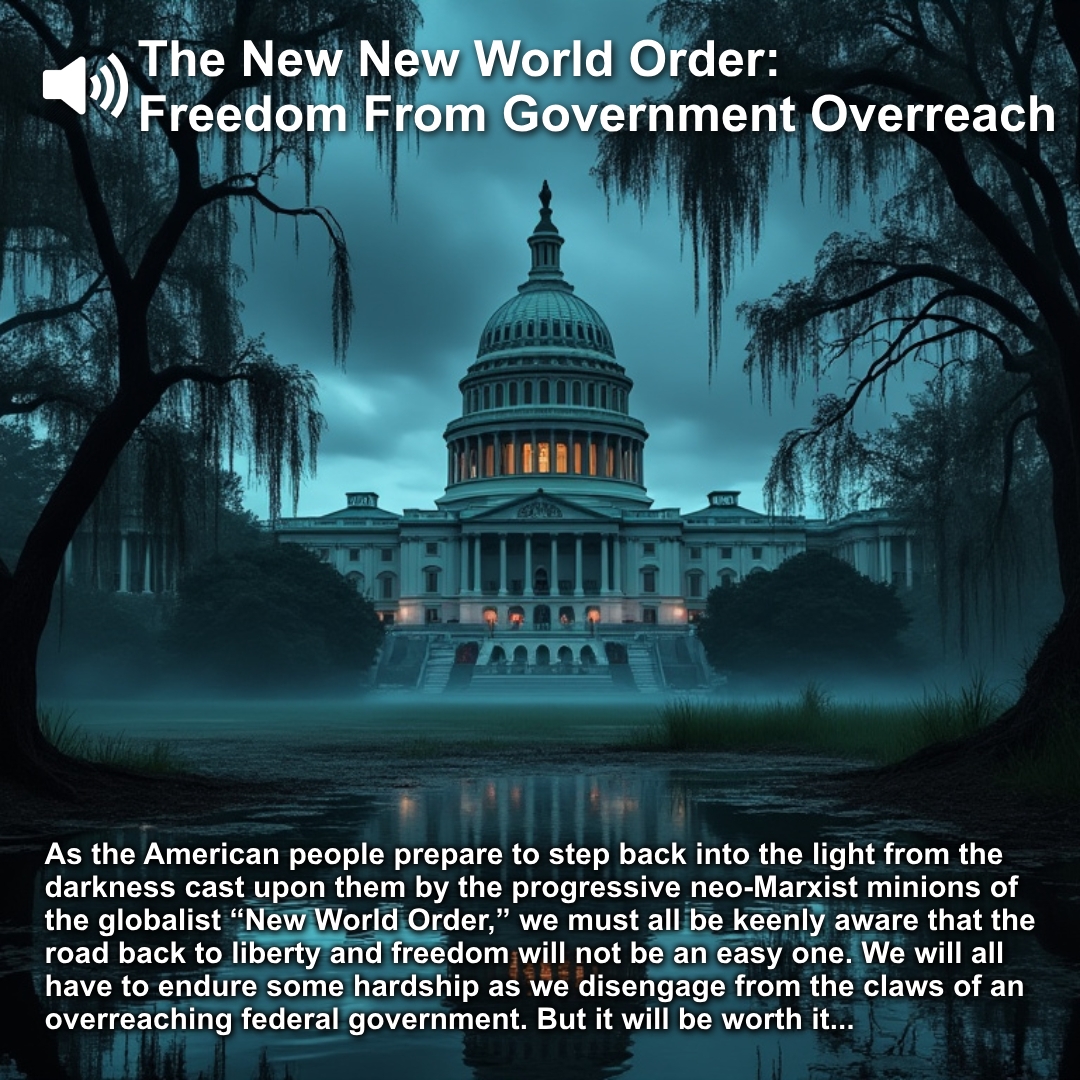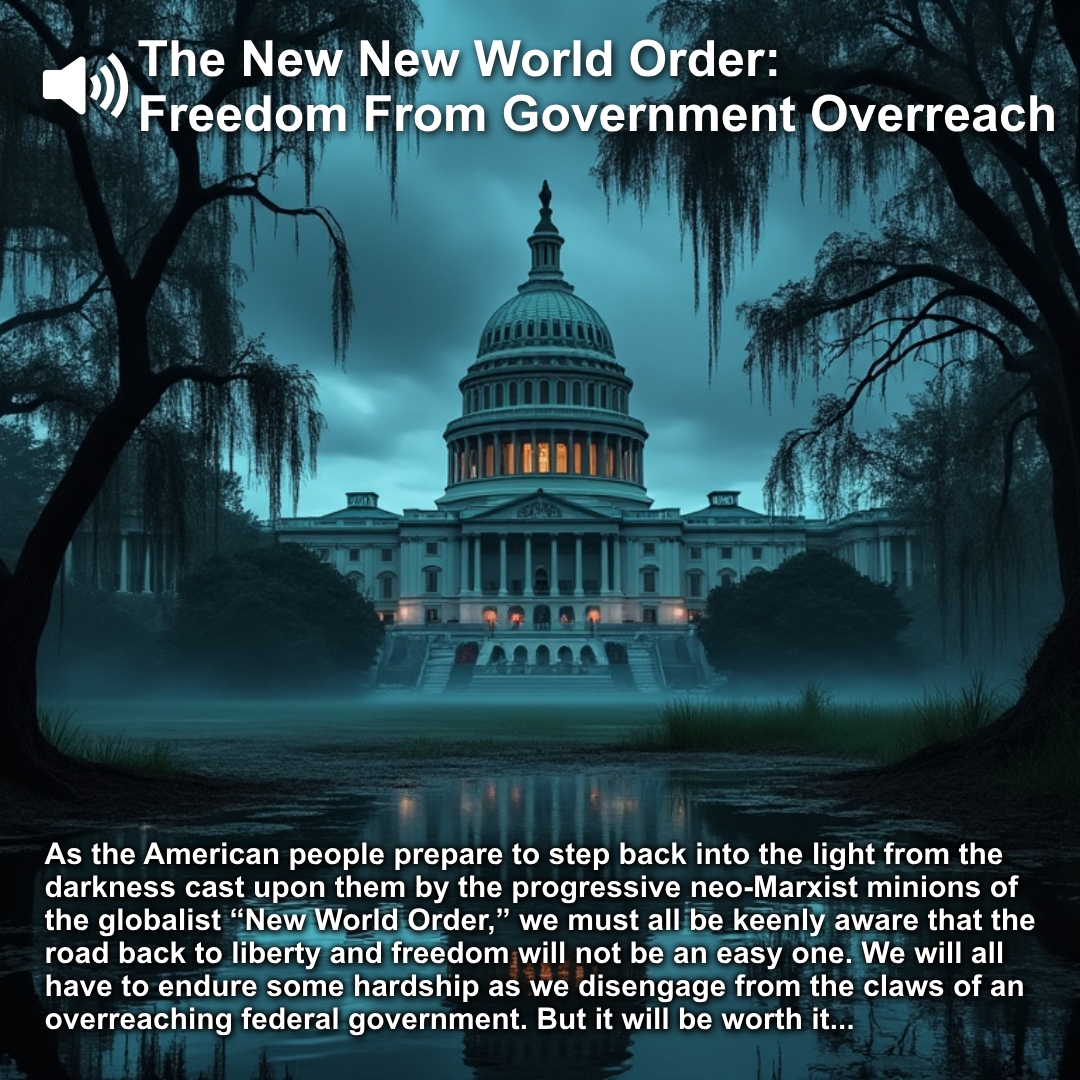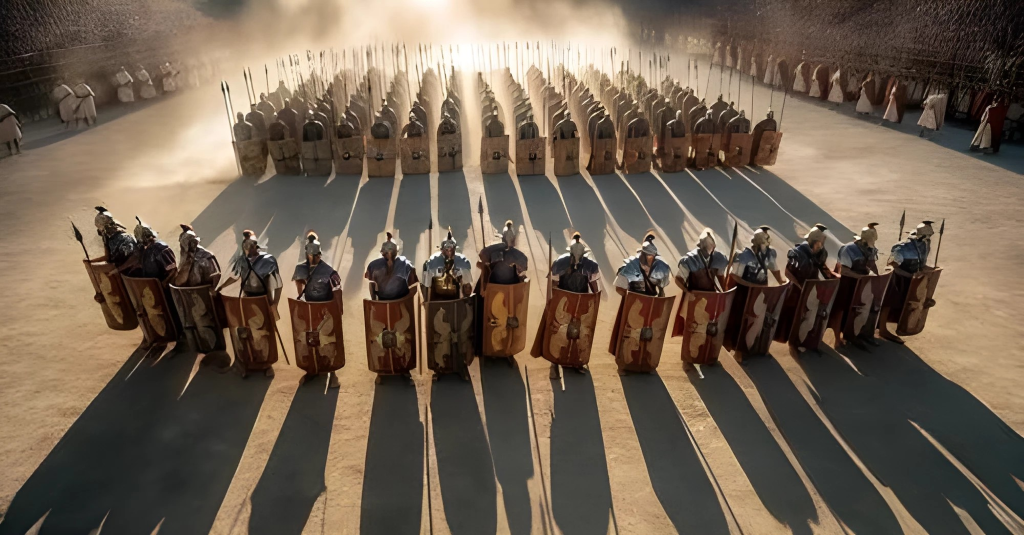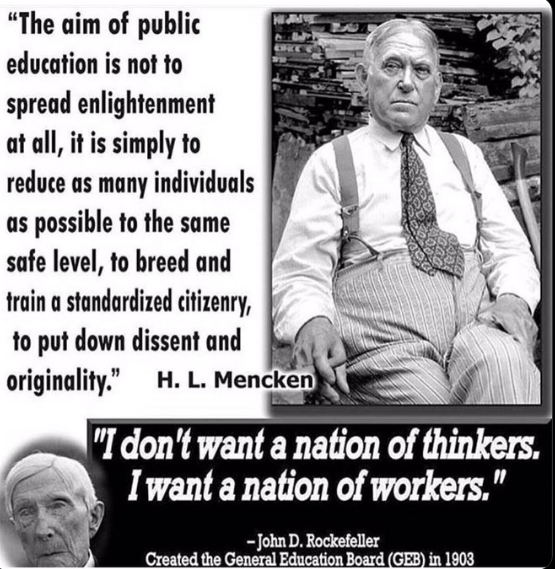THE ORIGIN OF COMPULSORY SCHOOLING
“In our dream we have limitless resources, and the people yield themselves with perfect docility to our molding hand. The present educational conventions fade from our minds; and, unhampered by tradition, we work our own good will upon a grateful and responsive rural folk. We shall not try to make these people or any of their children into philosophers or men of learning or of science. We are not to raise up among them authors, orators, poets, or men of letters. We shall not search for embryo great artists, painters, musicians. Nor will we cherish even the humbler ambition to raise up from among them lawyers, doctors, preachers, statesmen, of whom we now have ample supply.”
- Rev. Frederick T. Gates, Business Advisor to John D. Rockefeller Sr., 1913 [1]
The current American school system took root around the turn of the century. In 1903, John D. Rockefeller founded the General Education Board, which provided major funding for schools across the country and was especially active in promoting the State-controlled public school movement.
Rockefeller Education Board, 1915
The General Education Board was not interested in encouraging critical thinking. Rather, its focus was on organizing children and creating reliable, predictable, obedient citizens. As award-winning former teacher John Gatto puts it, “school was looked upon from the first part of the 20th Century as a branch of industry and a tool of governance.” The Rockefellers, along with other financial elite and their philanthropic organizations (such as the Gates, Carnegies, and Vanderbilts) have been able to mold society by funding and pushing compulsory state schooling for the masses.
Here’s a timeline to show the radical shift in education and the influence of the financial elite.
Pre 1840: Literacy Rates High, Schools Predominantly Private and Locally Controlled
Up until the 1840’s, the American school system was mainly private, decentralized, and home schooling was common. Americans were well educated and literacy rates were high.
1852: Massachusetts Passes First Mandatory Attendance Law
1902: John D. Rockefeller Creates the General Education Board
At the ultimate cost of $129 million, the General Education Board provided major funding for schools across the nation and was very influential in shaping the current school system.
1905: Carnegie Foundation for the Advancement of Teaching is Founded
1906: NEA Becomes a Federally Chartered Association
1913: Frederick T. Gates, Director of Charity for the Rockefeller Foundation, Writes “In our dream…the people yield themselves with perfect docility to our molding hand”
Frederick T. Gates wrote in The Country School of Tomorrow, Occasional Papers Number 1:
“In our dream we have limitless resources, and the people yield themselves with perfect docility to our molding hand. The present educational conventions fade from our minds; and, unhampered by tradition, we work our own good will upon a grateful and responsive rural folk. We shall not try to make these people or any of their children into philosophers or men of learning or of science. We are not to raise up among them authors, orators, poets, or men of letters. We shall not search for embryo great artists, painters, musicians. Nor will we cherish even the humbler ambition to raise up from among them lawyers, doctors, preachers, statesmen, of whom we now have ample supply.”
1914: National Education Association (NEA) Alarmed by the Activity of the Carnegie and Rockefeller Foundations
At an annual meeting in St. Paul Minnesota, a resolution was passed by the Normal School Section of the NEA. An excerpt stated:
“We view with alarm the activity of the Carnegie and Rockefeller Foundations — agencies not in any way responsible to the people — in their efforts to control the policies of our State educational institutions, to fashion after their conception and to standardize our courses of study, and to surround the institutions with conditions which menace true academic freedom and defeat the primary purpose of democracy as heretofore preserved inviolate in our common schools, normal schools, and universities.”
1917: NEA Reorganizes and Moves to Washington DC
The NEA is the largest labor union in the U.S., representing public school teachers and other school faculty and staff. It generally opposes merit pay, school vouchers, accountability reforms, and more.
1918: Every State Requires Students to Complete Elementary School
1932: “Eight Year Study” — Largely funded by Carnegie Corporation of New York and the General Education Board
This laid the groundwork for education reform and the schooling system we have today.
1946: Rockefeller Foundation grants the General Education Board $7.5 billion
1953: Reece Committee of the US House of Representatives Reveals Agenda of Carnegie Endowment and Rockefeller Foundation on Education
“It seems incredible that the trustees of typically American fortune-created foundations should have permitted them to be used to finance ideas and practices incompatible with the fundamental concepts of our Constitution. Yet there seems evidence that this may have occurred.”
-Norman Dodd, Director of Research, Special Committee to Investigate Tax-Exempt Foundations, 1954 [2]
1968: Edith Roosevelt’s Article “The Foundation Machine” Indicts Carnegie Funded Textbooks
Carnegie funded “Programmed Textbooks” were distributed to “culturally deprived areas.” Edith Roosevelt stated that “these young children are being indoctrinated with a pattern of anti-social ideas that will completely and violently alienate them from the mainstream of American middle-class values.”
1979: US Department of Education Created
1986: Carnegie Teaching Panel Charts New Teacher Framework & Provides $900,000 in Grants for Reforms
2003: 14% of American Adults are Illiterate
The National Assessment of Adult Literacy (NAAL) administered tests which revealed 14% of US residents would have extreme difficulty with reading and written comprehension. In 2003, some 30 million American adults had Below Basic prose literacy, 27 million had Below Basic document literacy, and 46 million had Below Basic quantitative literacy.
Related Links:
http://en.wikipedia.org/wiki/History_of_education_in_the_United_States
http://www.wealthbuildingcourse.com/devastating-effect-education-system-wealth.html
http://www.schoolandstate.org/Case/case1.htm
http://www.deliberatedumbingdown.com/
[1] Frederick T. Gates, “The Country School of Tomorrow,” Occasional Papers, no.1 (New York: General Education Board, 1913), p. 6.
[2]
http://www.scribd.com/doc/3768227/Dodd-Report-to-the-Reece-Committee-on-Foundations-1954
ORIGINAL ARTICLE:
https://t1mproject.medium.com/the-origin-of-compulsory-schooling-cbef6a07777d THE ORIGIN OF COMPULSORY SCHOOLING
“In our dream we have limitless resources, and the people yield themselves with perfect docility to our molding hand. The present educational conventions fade from our minds; and, unhampered by tradition, we work our own good will upon a grateful and responsive rural folk. We shall not try to make these people or any of their children into philosophers or men of learning or of science. We are not to raise up among them authors, orators, poets, or men of letters. We shall not search for embryo great artists, painters, musicians. Nor will we cherish even the humbler ambition to raise up from among them lawyers, doctors, preachers, statesmen, of whom we now have ample supply.”
- Rev. Frederick T. Gates, Business Advisor to John D. Rockefeller Sr., 1913 [1]
The current American school system took root around the turn of the century. In 1903, John D. Rockefeller founded the General Education Board, which provided major funding for schools across the country and was especially active in promoting the State-controlled public school movement.
Rockefeller Education Board, 1915
The General Education Board was not interested in encouraging critical thinking. Rather, its focus was on organizing children and creating reliable, predictable, obedient citizens. As award-winning former teacher John Gatto puts it, “school was looked upon from the first part of the 20th Century as a branch of industry and a tool of governance.” The Rockefellers, along with other financial elite and their philanthropic organizations (such as the Gates, Carnegies, and Vanderbilts) have been able to mold society by funding and pushing compulsory state schooling for the masses.
Here’s a timeline to show the radical shift in education and the influence of the financial elite.
Pre 1840: Literacy Rates High, Schools Predominantly Private and Locally Controlled
Up until the 1840’s, the American school system was mainly private, decentralized, and home schooling was common. Americans were well educated and literacy rates were high.
1852: Massachusetts Passes First Mandatory Attendance Law
1902: John D. Rockefeller Creates the General Education Board
At the ultimate cost of $129 million, the General Education Board provided major funding for schools across the nation and was very influential in shaping the current school system.
1905: Carnegie Foundation for the Advancement of Teaching is Founded
1906: NEA Becomes a Federally Chartered Association
1913: Frederick T. Gates, Director of Charity for the Rockefeller Foundation, Writes “In our dream…the people yield themselves with perfect docility to our molding hand”
Frederick T. Gates wrote in The Country School of Tomorrow, Occasional Papers Number 1:
“In our dream we have limitless resources, and the people yield themselves with perfect docility to our molding hand. The present educational conventions fade from our minds; and, unhampered by tradition, we work our own good will upon a grateful and responsive rural folk. We shall not try to make these people or any of their children into philosophers or men of learning or of science. We are not to raise up among them authors, orators, poets, or men of letters. We shall not search for embryo great artists, painters, musicians. Nor will we cherish even the humbler ambition to raise up from among them lawyers, doctors, preachers, statesmen, of whom we now have ample supply.”
1914: National Education Association (NEA) Alarmed by the Activity of the Carnegie and Rockefeller Foundations
At an annual meeting in St. Paul Minnesota, a resolution was passed by the Normal School Section of the NEA. An excerpt stated:
“We view with alarm the activity of the Carnegie and Rockefeller Foundations — agencies not in any way responsible to the people — in their efforts to control the policies of our State educational institutions, to fashion after their conception and to standardize our courses of study, and to surround the institutions with conditions which menace true academic freedom and defeat the primary purpose of democracy as heretofore preserved inviolate in our common schools, normal schools, and universities.”
1917: NEA Reorganizes and Moves to Washington DC
The NEA is the largest labor union in the U.S., representing public school teachers and other school faculty and staff. It generally opposes merit pay, school vouchers, accountability reforms, and more.
1918: Every State Requires Students to Complete Elementary School
1932: “Eight Year Study” — Largely funded by Carnegie Corporation of New York and the General Education Board
This laid the groundwork for education reform and the schooling system we have today.
1946: Rockefeller Foundation grants the General Education Board $7.5 billion
1953: Reece Committee of the US House of Representatives Reveals Agenda of Carnegie Endowment and Rockefeller Foundation on Education
“It seems incredible that the trustees of typically American fortune-created foundations should have permitted them to be used to finance ideas and practices incompatible with the fundamental concepts of our Constitution. Yet there seems evidence that this may have occurred.”
-Norman Dodd, Director of Research, Special Committee to Investigate Tax-Exempt Foundations, 1954 [2]
1968: Edith Roosevelt’s Article “The Foundation Machine” Indicts Carnegie Funded Textbooks
Carnegie funded “Programmed Textbooks” were distributed to “culturally deprived areas.” Edith Roosevelt stated that “these young children are being indoctrinated with a pattern of anti-social ideas that will completely and violently alienate them from the mainstream of American middle-class values.”
1979: US Department of Education Created
1986: Carnegie Teaching Panel Charts New Teacher Framework & Provides $900,000 in Grants for Reforms
2003: 14% of American Adults are Illiterate
The National Assessment of Adult Literacy (NAAL) administered tests which revealed 14% of US residents would have extreme difficulty with reading and written comprehension. In 2003, some 30 million American adults had Below Basic prose literacy, 27 million had Below Basic document literacy, and 46 million had Below Basic quantitative literacy.
Related Links:
http://en.wikipedia.org/wiki/History_of_education_in_the_United_States
http://www.wealthbuildingcourse.com/devastating-effect-education-system-wealth.html
http://www.schoolandstate.org/Case/case1.htm
http://www.deliberatedumbingdown.com/
[1] Frederick T. Gates, “The Country School of Tomorrow,” Occasional Papers, no.1 (New York: General Education Board, 1913), p. 6.
[2] http://www.scribd.com/doc/3768227/Dodd-Report-to-the-Reece-Committee-on-Foundations-1954
ORIGINAL ARTICLE:
https://t1mproject.medium.com/the-origin-of-compulsory-schooling-cbef6a07777d











